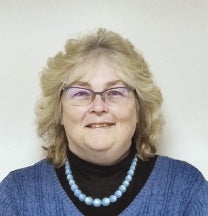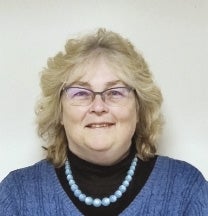Effective public speaking is a necessary skill in all walks of life.
Get Instant Access to This Article
Subscribe to Worcester Business Journal and get immediate access to all of our subscriber-only content and much more.
- Critical Central Massachusetts business news updated daily.
- Immediate access to all subscriber-only content on our website.
- Bi-weekly print or digital editions of our award-winning publication.
- Special bonus issues like the WBJ Book of Lists.
- Exclusive ticket prize draws for our in-person events.
Click here to purchase a paywall bypass link for this article.
Effective public speaking is a necessary skill in all walks of life. Whether you are giving your first speech or your 100th, the preparation and process is the same. However, the difference between ho-hum and Hooray! is what you know about public speaking and how you incorporate that knowledge into your presentations.

10) Glossophobia, or fear of public speaking, actually means fear of tongues. In his TV show, Jerry Seinfeld joked, “According to most studies, people’s No. 1 fear is public speaking. No. 2 is death. Death is No. 2! This means, to the average person, if you go to a funeral, you’re better off in the casket than doing the eulogy.”
9) A little humor makes a big impact. A little humor inserted into a speech makes even a dry subject more enjoyable.
8) Public speaking is not new. Public speaking, or oration, dates back further than Shakespeare's “Friends, Romans, countrymen, lend me your ears.” History has shown great leaders speak well.
7) Career enhancing. Effective public speaking is confidence-boosting and career-enhancing.
6) Verbalize what you’ve envisioned. Effective public speaking gives your best ideas the words they deserve.
5) Personal not perfection. Effective public speakers add personal stories and treat a speech like a conversation with a friend.
4) Inspirational call to action. Effective public speaking hones your motivating and negotiating skills.
3) Practice, practice, practice. Effective public speaking takes practice and gets easier the more you do it.
2) Training does not have to break the bank. Research your options. Taking a high-priced public speaking course is not necessary to improve your abilities.
1) Get help while networking. My organization, Toastmasters, is a nonprofit offering a learn-by-doing program in a welcoming and supportive environment with mentors who provide guidance and feedback.

